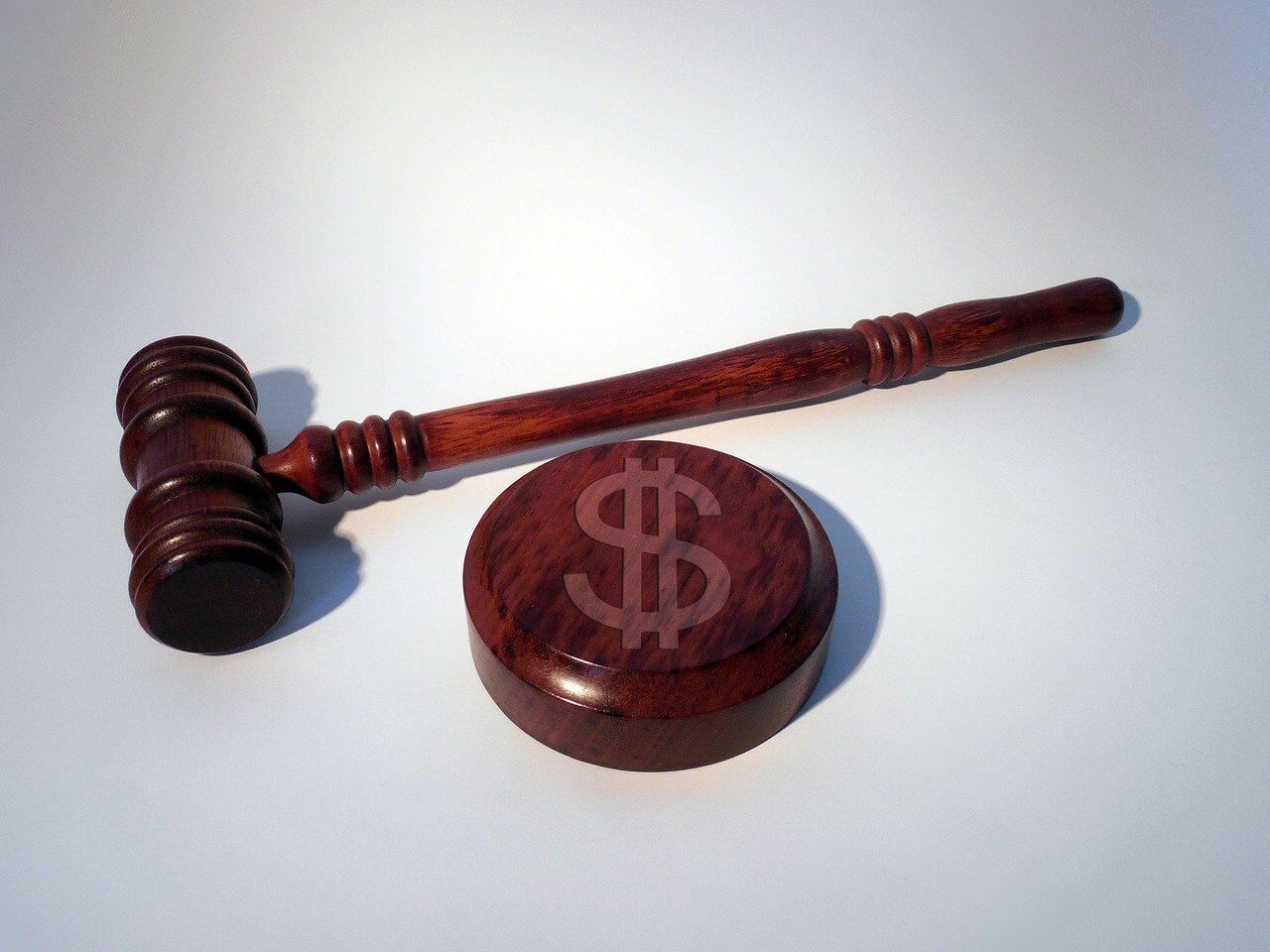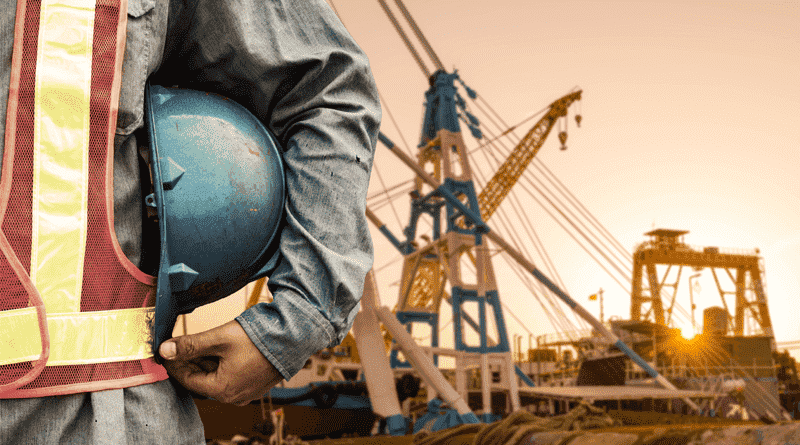Businesses are not required to hire a commercial collections lawyer in Delray Beach to draft their contracts. However, it is important to note that if money is involved, you risk a substantial loss by not having a lawyer at your…
A construction lien, also known as a mechanic’s lien, is a strong and legal way for contractors to get paid for services or materials they provide on a project. It is a claim filed by workers who have completed work…
When you need help collecting funds to recover an unpaid loan, you may benefit from hiring a debt collection attorney. They can provide legal assistance, help collect large debts from your clients, and simplify the overall process. Don’t give up…
A promissory note is a debt instrument that lets companies and individuals get financing without needing a bank. This would be any individual or a company willing to carry the note (and provide financing) under the agreed-upon terms. Basically, anyone…
The Coronavirus pandemic has hit many businesses hard, especially in South Florida, where its cities depend on the dining, entertainment, and hotel industries to bolster its once healthy tourism business . The harsh economic reality will undoubtedly face its citizens…
For more than a decade, the American Bar Association and legal advocacy organizations such as the Legal Services Corporation and the National Legal Aid and Defenders Association have all sounded alarms about the worrisome trends being seen in the civil…
Learn from The Past or Be Doomed to Repeat It It is an often-repeated refrain that the past is something from which we must learn. Obviously, COVID-19 and everything it entails creates unique challenges for debt collections. However, the Law…
Don’t Get Frozen Out From Collecting The Debt You Are Owed While the rest of the nation is starting to feel the ‘change of the season’ and cooler temperatures, now is a great time to warm up those that owe…
Mechanic’s Liens Bonds Explained The Florida construction industry continues to flourish even in this rapidly changing world, but the industry remains fluid. Projects can be started, delayed, and even cancelled midstream without warning. For this reason, contractors, sub-contractors and materialmen…
Struggling to sell one multi-million dollar home currently on the market won’t stop actress and singer Jennifer Lopez from expanding her property collection. Lopez has reportedly added to her real estate holdings an eight-plus acre estate in Bel-Air anchored by…









